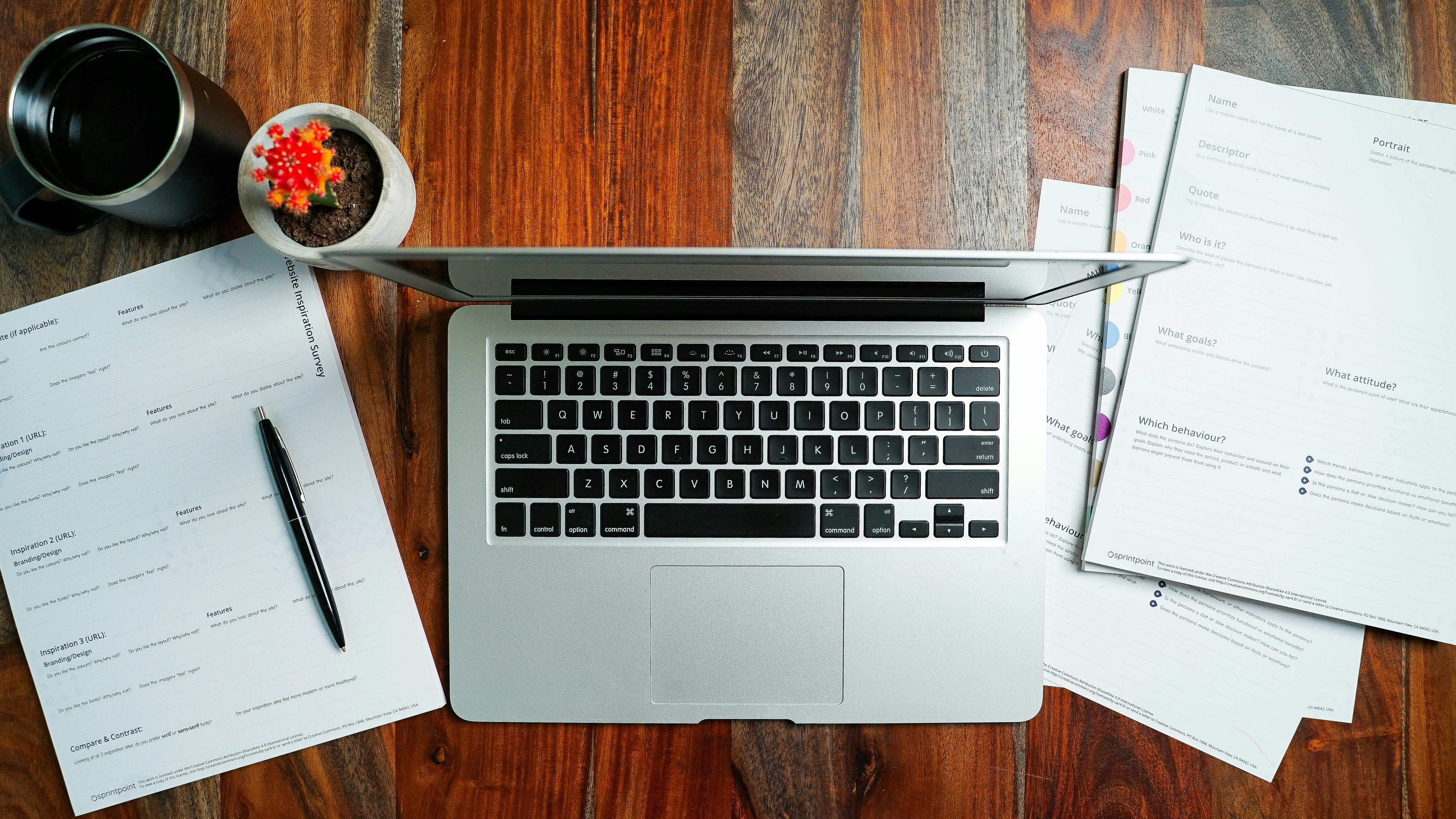
Why Every Student Needs a Plagiarism Checker Today
Monday, July 7th, 2025In today's academic world, originality matters more than ever. Schools, colleges, and universities place a huge emphasis on academic integrity. For students, this means more than just submitting work on time. It means producing original content that reflects their own understanding and effort.
But with so much information available online, avoiding plagiarism is harder than it sounds. Sometimes, students copy a sentence without realizing it's considered plagiarism. Other times, ideas stick in their minds from articles or lectures and reappear in essays without proper credit.
This is where tools like the plagiarism checker by EssayPro come in. They help students stay on the right side of academic rules by spotting copied content before submission. Using a plagiarism checker is not about avoiding punishment - it's about learning how to write with integrity and confidence.

What Is Plagiarism?
Plagiarism happens when someone presents someone else's work, ideas, or words as their own. It can be as obvious as copying and pasting a paragraph from the internet or as subtle as paraphrasing without proper citation.
In academic settings, plagiarism is a serious offense. It can lead to grade penalties, failing an assignment, or even suspension in extreme cases. But often, students commit plagiarism unintentionally due to lack of knowledge or simple oversight.
Understanding what counts as plagiarism is the first step to avoiding it.
Why Students Struggle with Plagiarism
Plagiarism isn't always the result of dishonesty. Many students face challenges that increase the risk of accidental plagiarism. Time pressure is one major factor. When deadlines pile up, some students take shortcuts. Others simply don't have strong paraphrasing or research skills yet. Some rely on memory for quotes and facts, leading to unintentional copying.
International students sometimes struggle with writing in English and may rely heavily on outside sources. Even the most well-meaning student can make mistakes when juggling multiple essays, research projects, and coursework.
This is why having a plagiarism checker on hand is so important. It acts as a safety net, catching errors before they turn into academic consequences.
How Plagiarism Checkers Work
Plagiarism checkers compare your writing to millions of sources, including websites, academic journals, and student papers. The software highlights sections of your text that match existing content. It provides a similarity percentage, showing how much of your work overlaps with other sources.
These tools can't rewrite your essay for you. But they make it easy to identify weak paraphrasing, missing citations, or direct copying before submission. They also help students learn to write with more independence and confidence.
The Real Benefits of Using a Plagiarism Checker
Many students view plagiarism checkers as tools for "cheaters." In reality, they are learning aids designed to improve academic writing. Using one shows you're serious about submitting original work.
Plagiarism checkers help reduce stress. No one wants to face accusations of plagiarism because of a simple oversight. These tools offer peace of mind, allowing students to double-check their work before handing it in.
They also save time. Instead of hunting through pages of notes to make sure you cited everything properly, a plagiarism report quickly highlights potential issues.
Perhaps most importantly, plagiarism checkers are great learning tools. They show you exactly where your writing falls short, helping you improve your paraphrasing and citation skills over time.
Choosing a Reliable Plagiarism Checker
Not all plagiarism checkers are created equal. Some only scan the web, missing academic sources. Others aren't secure or deliver inaccurate results. Students should look for checkers designed for academic writing with extensive databases and clear reports.
EssayPro's plagiarism checker is a popular option for students. It's easy to use, provides reliable similarity reports, and checks against academic sources as well as online content. Using a trusted checker means fewer surprises when your professor runs their own check.
Building Strong Academic Writing Habits
Plagiarism checkers are a useful safety net, but they don't replace good habits. To avoid plagiarism, you should:
- Keep clear, organized notes that separate source material from personal ideas.
- Learn and follow proper citation formats.
- Practice paraphrasing to explain concepts in your own words.
- Allow time to revise and check your work thoroughly.
These habits take time to build, but they are essential for success in school and beyond.
The Academic Consequences of Plagiarism
Plagiarism, even if accidental, can have serious consequences. Many schools enforce strict penalties, including failing assignments, academic probation, or even expulsion in extreme cases.
A plagiarism record can damage your reputation with teachers and peers. It may also affect future opportunities, such as scholarships, internships, or graduate school applications. Most importantly, plagiarism undermines your own learning.
Academic work is about developing your critical thinking and communication skills. Taking shortcuts robs you of those benefits.
Originality and Confidence Go Hand in Hand
Submitting original work isn't just about following rules. It's about building confidence in your abilities. When you know you've written something yourself, in your own voice, you can be proud of the result.
Plagiarism checkers help students develop that confidence. They offer reassurance that your hard work reflects your true abilities.
Over time, using these tools alongside strong writing habits makes originality second nature.
Final Thoughts: Plagiarism Checkers Are a Smart Investment
In an academic environment where originality is non-negotiable, plagiarism checkers are essential tools for students. They help reduce anxiety, improve writing, and prevent accidental mistakes.
But they aren't just about avoiding penalties. They are part of a broader process of becoming a better, more independent writer.
For students looking to improve their academic integrity and writing skills, tools like EssayPro's plagiarism checker are an investment in both success and peace of mind.
Originality isn't optional. But with the right habits and tools, it's entirely achievable.
plagiarism, checker, service, tool

